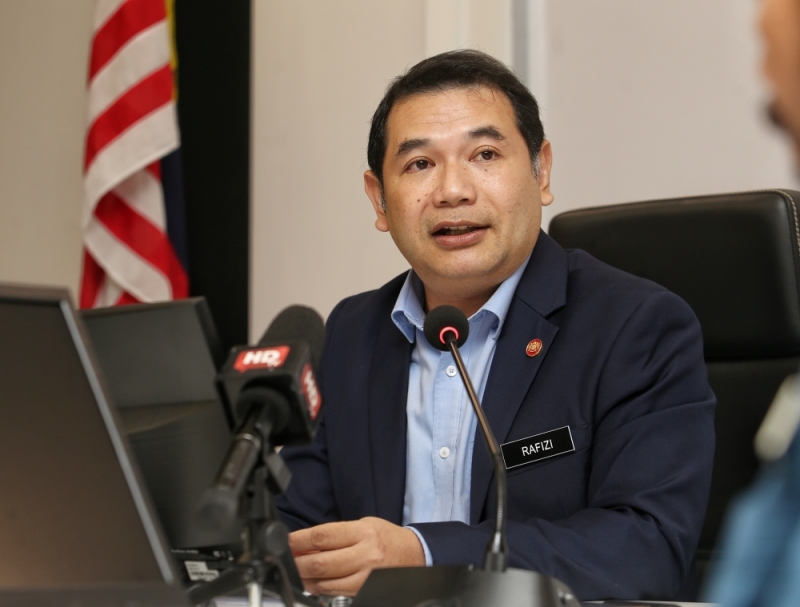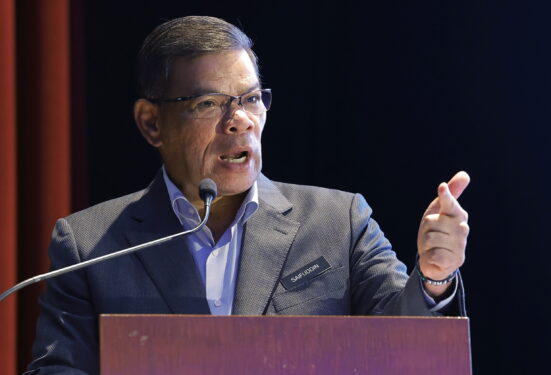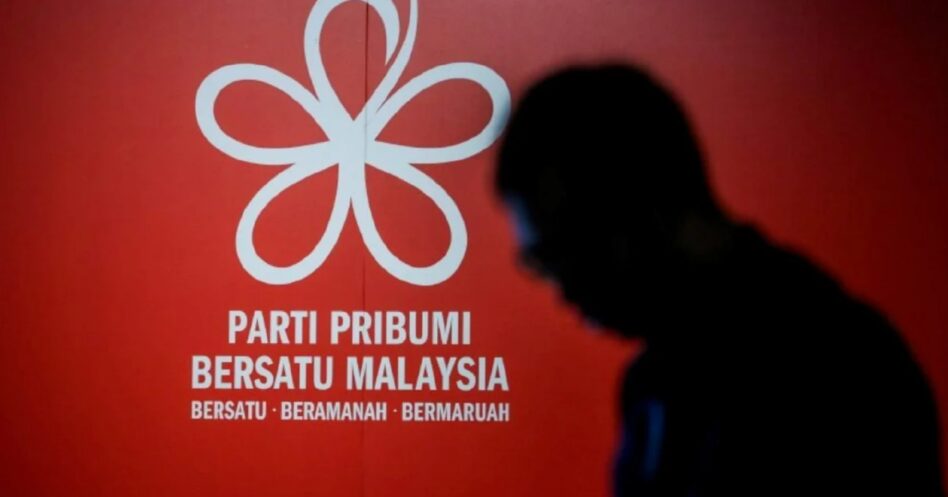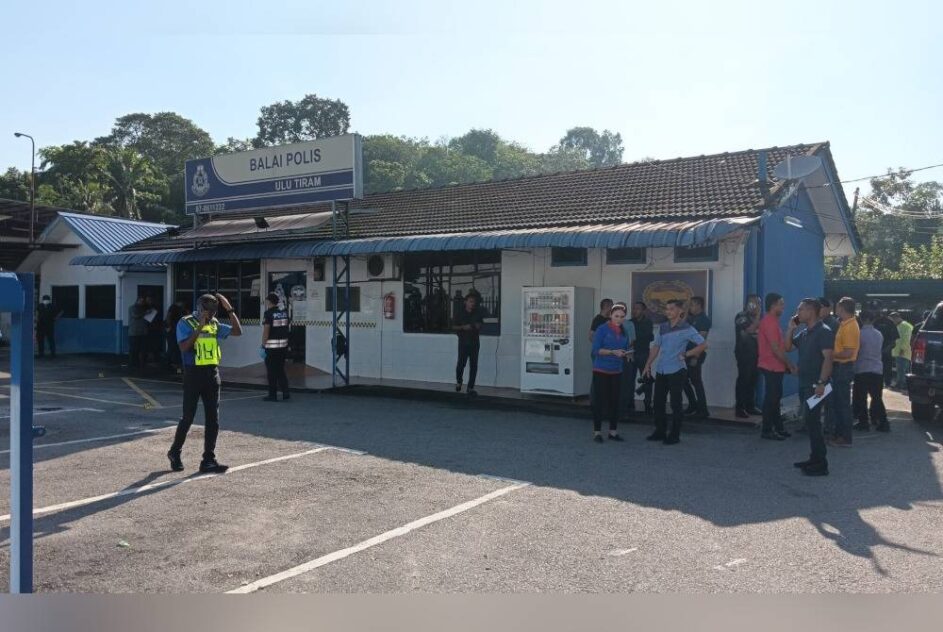ECONOMY Minister Rafizi Ramli announced a series of initiatives aimed at addressing the pressing issue of wage disparities and poverty in the country.
Speaking at the launch of the World Bank Malaysia Economic Monitor: Raising the Tide, Lifting All Boats report, Rafizi stated the urgency of the situation, highlighting that the median wage of RM2,600 per month is only RM11 above the poverty line (RM2,589) and half of all Malaysian workers barely earn more than the minimum wage.
“Half of all Malaysian workers earn only slightly more than the minimum wage. We cannot take a wait-and-see approach any longer. We are keenly aware that the wage problem must be addressed.”
The government has unveiled a progressive wage policy designed to bridge the income gap. The policy, which has received Cabinet approval focuses on voluntariness, incentives and productivity. By rewarding employers and closely monitoring the productivity of workers, the policy aims to create a fairer and more balanced economic landscape.
“This is the only wage model that satisfies the main stakeholders of employers and employees, as it rewards rather than penalises employers and keeps a close eye on the productivity increases of workers, which we make a condition for this policy,” claimed Rafizi.
Detailed plans for the progressive wage policy are set to be revealed during the upcoming 2024 Budget on Friday (Oct 13) with implementation expected to follow shortly after. This policy is seen as a significant step towards ensuring that the workforce is adequately compensated for their efforts, aligning with the government’s commitment to tackling poverty at its root cause.
Moreover, Rafizi addressed the issue of social assistance and subsidies, acknowledging that a blanket approach is not effective.
“The blanket subsidy model eats up the already-limited social spending budgets. At the same time, broad-based social assistance programmes are often received by richer households that do not need them which dilutes the value of these programmes for the needy.
“That is why in 2024, the government will introduce a targeted subsidy system that will help free up the much-needed fiscal space for the government while also reducing poverty and inequality at the same time.”
According to Rafizi, direct transfers are four times more effective at reducing inequality than subsidies, paving the way for a more equitable society.
Rafizi emphasised that these initiatives are vital for a nation grappling with low revenue, persistent poverty and rising inequality rates. By adopting these innovative strategies, Malaysia is taking a proactive stance, aiming to reverse the trends of the past decade and create a brighter, more prosperous future for all its citizens.
“Only through doing this could the poverty and inequality rates that stayed largely unchanged (or even increased) for the past 10 years finally start to decline again.” – Oct 11, 2023
Main photo credit: Malay Mail










